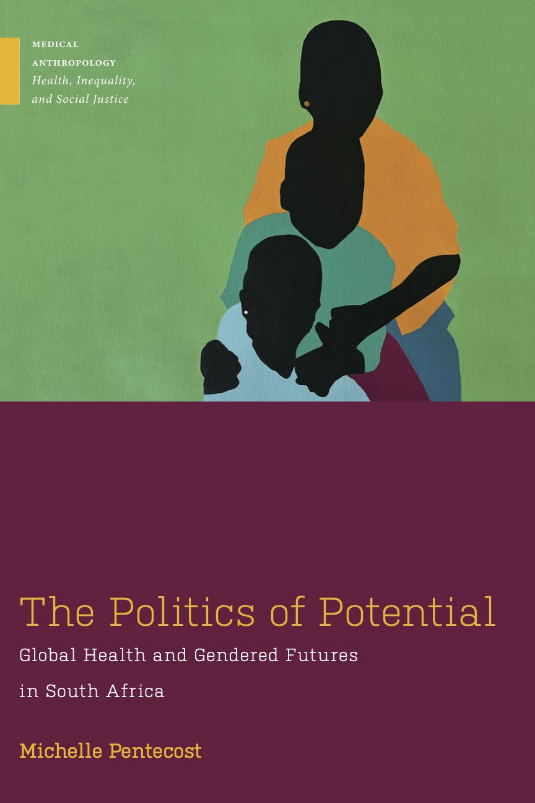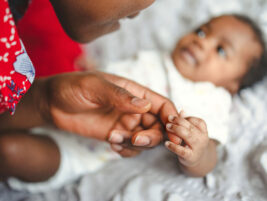Michelle Pentecost critically examines the concept of the first-1000 days of life, a programme designed to optimize nutrition and healthcare from conception to age two. The book explores the concept of intergenerational responsibility, highlighting how the health and well-being of future generations are influenced by the health of mothers and children during the First 1000 Days.
The book features an ethnographic account of her fieldwork, providing a moving account of the experiences of the lives of fifteen South African woman as they journey through the first-1000 days of their babies lives. Pentecost puts into sharp focus the insidious burden placed on these women by this intervention programme. She takes the reader to international conferences, government offices and healthcare facilities, providing examples from a system that places on this generation of women, the responsibility for reshaping the future of the next generation following historical political, social, and medical injustices. She also examines the science in terms of the intergenerational transmission of health, disease, and human capital, highlighting the gendered and racialized aspects of intergenerational responsibility in South Africa.
Reviewer commentary
As a Clinical Psychologist working in a public health care facility in Cape Town, South Africa my experience of the First-1000 days initiative is that it has been widely promoted as a critical window of opportunity to improve physical and mental health outcomes of future generations, including being accepted and adopted into national and local healthcare programmes (https://www.westerncape.gov.za/first-1000-days/about-1). Its message is clear and simple: good nutrition and a healthy, loving and safe environment are key components for healthy development across the lifespan. In South Africa, the economic benefits may also be significant: “research shows that children who benefit from essential First 1 000 Day outcomes, can earn up to 20% more as adults versus their counterparts; and are more likely to have healthy families themselves” (https://www.westerncape.gov.za/first-1000-days/about-1). Pentecost’s book: The Politics of Potential highlights the hidden inequity within an ‘ideal’ intervention in terms of the historical socio-political context in which the burden of redress for inequities now fall on a generation of women who are the most severely disadvantaged in apartheid South Africa. Pentecost provides an important lens with which to examine the systemic factors that reinforce gendered and racial prejudice.
Overall, Pentecost’s book provides a rich tapestry of ethnographic fieldwork, and a critical lens of the first-1000 days programme and the systems that support it.
Michelle Pentecost is a South African physician-anthropologist. She completed her medical training at the University of Cape Town and her doctorate in anthropology at the University of Oxford. Michelle has a decade of work experience as a clinician in South Africa and her research and publication record reflects her interest in the interdisciplinary domains of clinical medicine, anthropology, science and technology studies and the medical humanities. Her work has been funded by the UKRI, the British Academy and the Wellcome Trust.
More about Michelle Pentecost and her work can be found here: https://michellepentecost.net/.
Reference
Pentecost, M. (2024). The Politics of Potential: Global Health and Gendered Futures in South Africa. New York: Rutgers University Press
Authors
Salisha Maharaj,
South Africa








